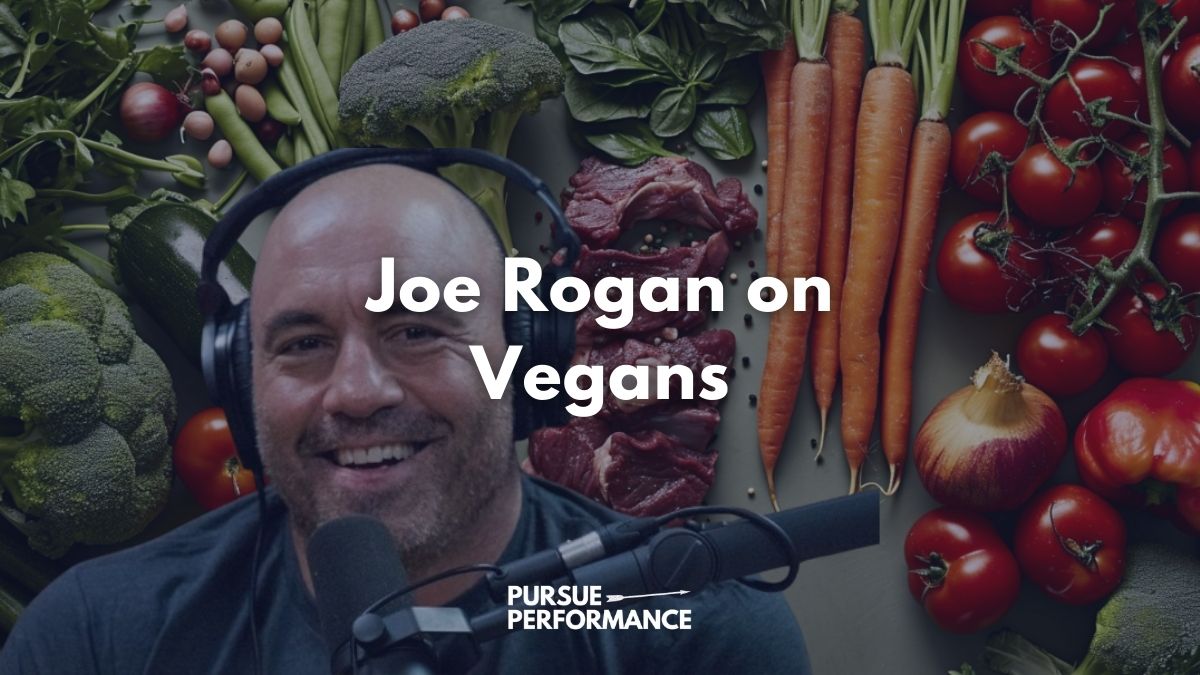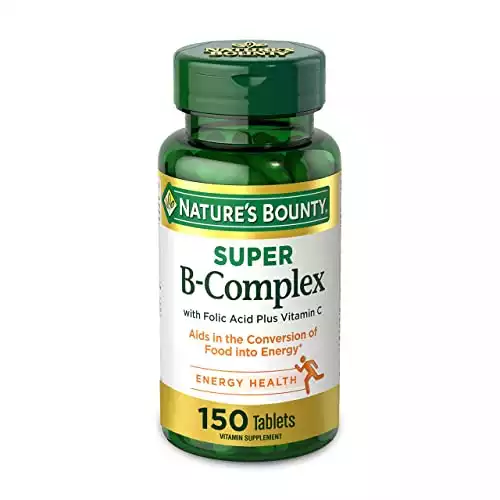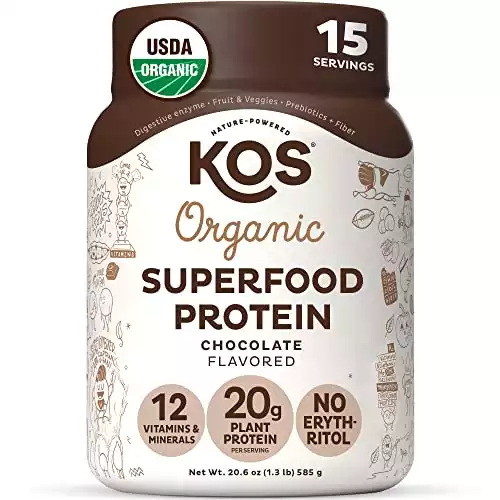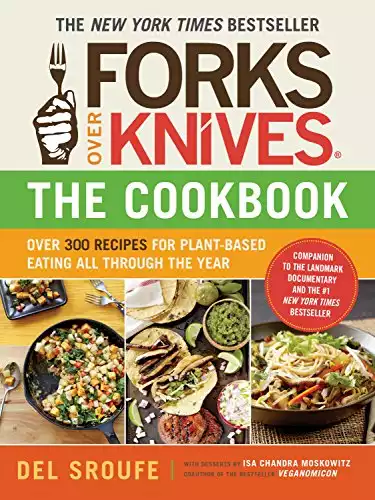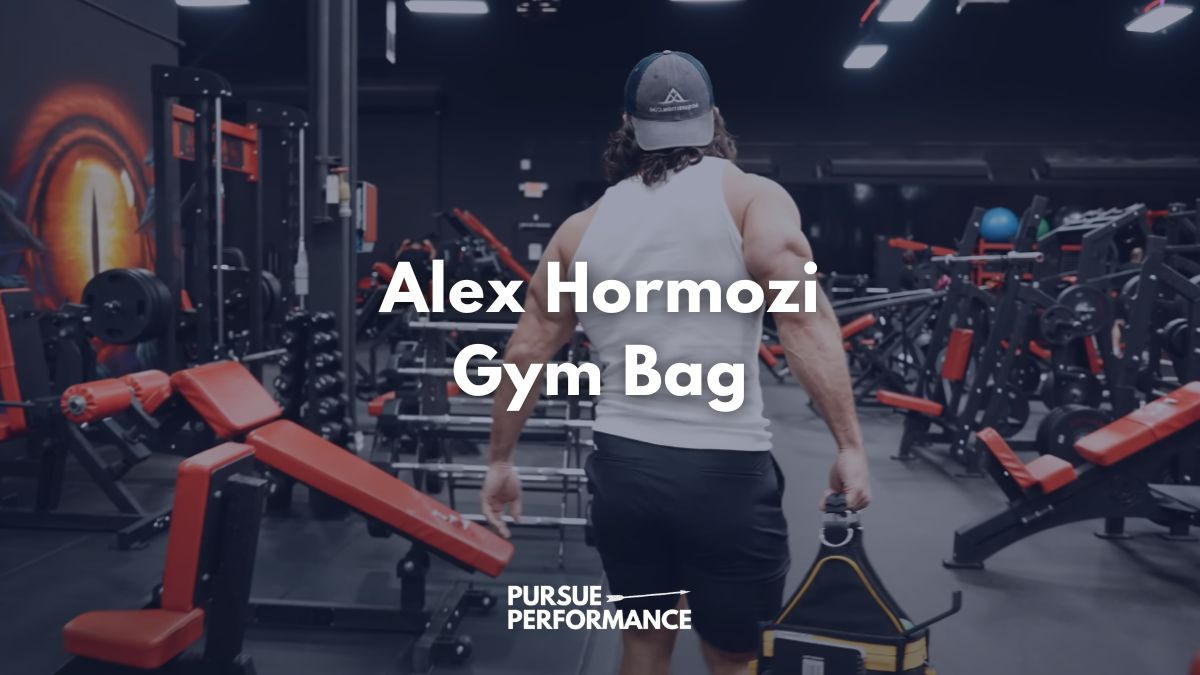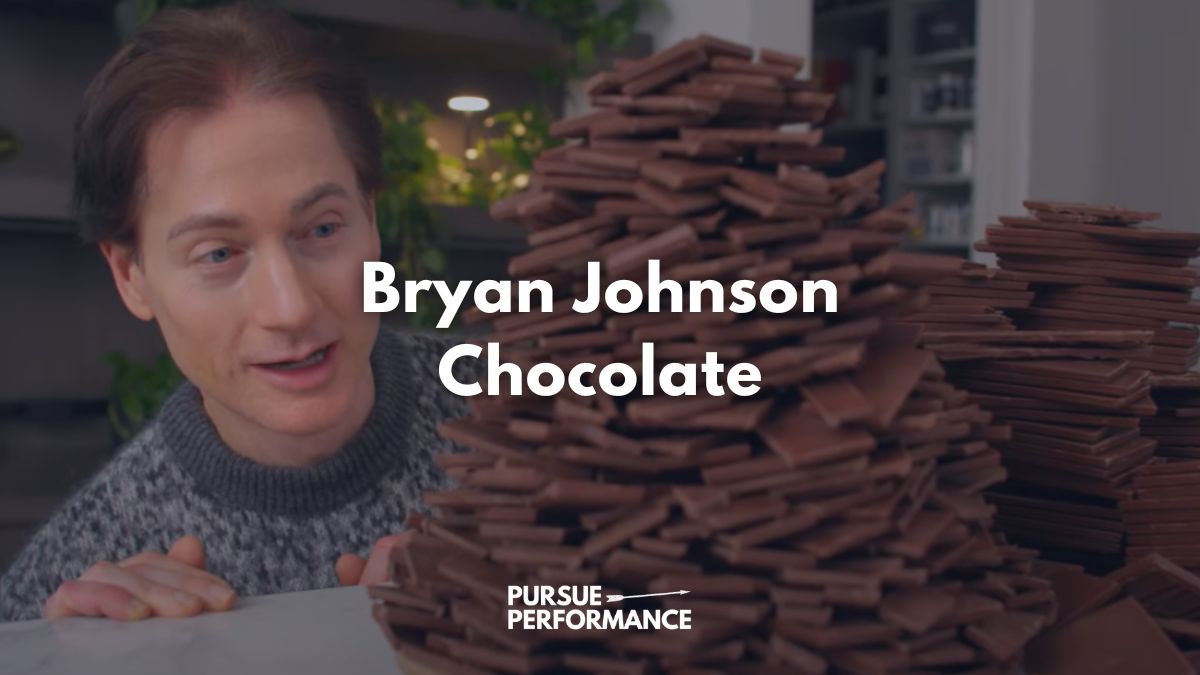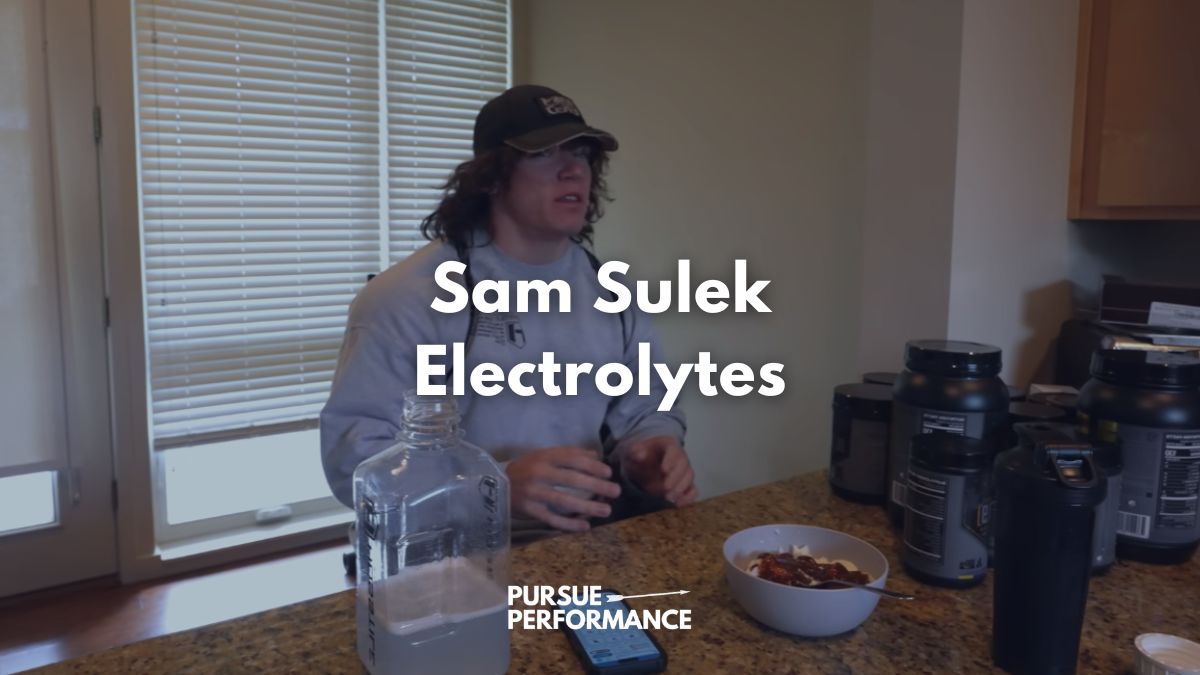Joe Rogan has expressed skepticism about the vegan diet in various interviews and podcasts.
In his show “Strange Times” on Netflix, he discussed the topic of veganism.
Additionally, in “The Joe Rogan Experience” podcast, he has made controversial claims about the vegan diet and lifestyle, often criticizing it.
Rogan has been known to argue against veganism, citing concerns about B12, the overall negative health effects, and the impact of plant agriculture on small animals like field mice and rabbits.
His views on veganism have been the subject of debate and discussion within the vegan community.
In this post, we will explore Rogan’s comments on veganism, why he holds these views, and his recommendations on diet.
Joe Rogan Vegan Arguments
Joe Rogan has expressed several arguments against veganism.
He has criticized what he sees as fantastical health claims made by some extreme proponents of veganism, such as the belief that veganism can cure serious illnesses like cancer, diabetes, and arthritis.
Additionally, Rogan has raised concerns about the environmental impact of plant agriculture on small animals like field mice and rabbits, often discussing the issue of animal deaths in the production of crops such as wheat and soy.
“Some of them [vegans] are in there for the right reasons most vegans are vegans because they’re kind people they don’t want anything to dies o they can live.
And those people are heroes because they’re always tired and cranky.
Then there’s vegans who are really only vegans because Scientology didn’t find them first.”
– Joe Rogan (Strange Times)
He has clearly been vocal about his criticisms of the vegan diet, although he has also stated that he is not “anti-vegan”.
Related: Joe Rogan Coffee Preferences and Discussion
Vegan Diet Protein
Clarifying Protein Myths in Vegan Diets
The conversation effectively dispels the myth that vegan diets are inherently deficient in protein.
A well-planned vegan diet can adequately meet the protein requirements, including essential amino acids.
Additionally, Vitamin B12 supplementation is highlighted as especially important for vegan or vegetarian diets.
- Aids in converting food into energy
- Essential for neurotransmitter synthesis
- Can help regulate mood
The discussion brings attention to plant-based proteins like lentils and peanut butter as viable sources, emphasizing the importance of variety and planning in a vegan diet to achieve a balanced amino acid profile.
Related: Andrew Huberman Pre-Workout: Complete Guide
Protein Strategies for Vegan Athletes
For athletes on vegan diets, the dialogue underscores the importance of higher protein intake and strategic dietary planning.
Athletes following a vegan diet must focus on incorporating a range of protein-rich plant foods to meet their elevated needs for muscle repair and growth.
Key advice includes being mindful of the quantity and quality of protein consumed ensuring a mix of amino acids for optimal health and performance.
Related: Joe Rogan Xylitol Gum: Benefits & Recommendation
Joe Rogan on Vegan Myths
Joe Rogan has discussed several vegan myths on his podcast.
Critique of Vegan Propaganda and Misinformation
Joe Rogan criticizes the documentary “What the Health” for spreading what he perceives as vegan propaganda and pseudoscience.
He disputes its claims about the effects of fat on health, particularly its linkage to diabetes, emphasizing the necessity for scientific accuracy in health-related discussions.
Related: Best Jaw Exercisers
Role of Diet in Health and Environment
Rogan acknowledges the health benefits of a well-planned vegan diet and the importance of a balanced diet rich in vegetables.
He also discusses the environmental impacts of animal agriculture, particularly factory farming, and warns against exaggerating these effects to make a stronger argument.
Related: Joe Rogan on Bryan Johnson: Anti-Aging Blueprint Protocol
Balanced Dietary Choices and Personal Responsibility
Rogan stresses personal choice in diet, the importance of respecting different dietary practices, and the need for making informed choices based on sound scientific evidence.
He highlights the dangers of processed foods and the health benefits of certain animal products like grass-fed beef and fish.
FAQ
What are Joe Rogan’s views on the nutritional adequacy of vegan diets?
Joe Rogan acknowledges that a well-planned vegan diet can be nutritionally adequate, including for protein needs.
Does Joe Rogan believe vegan diets can be environmentally sustainable?
Rogan raises concerns about the impact of plant agriculture on wildlife, suggesting a need for a balanced view on environmental sustainability in diet choices.
How does Joe Rogan view the role of supplements in a vegan diet?
Rogan recommends supplements for nutrients that are less accessible in plant-based foods, like Vitamin B12.
What is Joe Rogan’s stance on the ethical aspects of veganism?
Joe Rogan recognizes that many people choose veganism for ethical reasons, particularly to avoid harm to animals. He seems to respect this choice, even if he personally has concerns about other aspects of veganism.
Does Joe Rogan support the idea of a vegan diet for athletes?
Rogan acknowledges that vegan athletes can meet their nutritional needs, including protein, through a carefully planned vegan diet.
What are Joe Rogan’s thoughts on processed foods in a vegan diet?
Rogan highlights the dangers of processed foods in general. In the context of a vegan diet, this would imply a focus on whole, unprocessed plant foods to ensure nutritional adequacy and avoid the health risks associated with highly processed foods.

